Marine Conservation - Live From Mexico - Part 1
Wildlife & Welfare Researcher, Rose Little, is currently volunteering in Mexico with Global Vision International. This month, our Environmental Calendar is focussing on the ‘Health of the Oceans’ and to accompany this, Rose will be writing a weekly blog all about the marine conservation work they are involved in and the impact from climate change and pollution that is affecting that region.
Global Vision International & Sustainable Travel
Rose Little - Wildlife & Welfare Researcher
Travel for conservation has always been a catch 22 in my mind. To fly incurs a huge amount of carbon dioxide released into the atmosphere adding to my personal carbon footprint. For a single passenger air travel produces 0.85kg of carbon dioxide per kilometre, which is by far the largest amount of greenhouse gas emission per passenger kilometre of any form of transportation. To negate this increase of my carbon footprint I try to stay in one place for a longer period and choose to attend projects whose actions and objectives aim to improve the environment and protect our planet for future generations. By choosing to travel sustainably I believe I can see the world and make a difference.
Global Vision International (GVI) hosts sustainable projects which aim to build a global network of people united by their passion to make a difference. GVI projects operate at the request and under the direction of local communities to invest the time needed to commit to the local community’s requirements and objectives. This means that the GVI hubs are constantly adapting to meet new objectives based on the local environments. Their long-term project objectives allow even short-term volunteers to make an impact in all GVI projects.
GVI hosts a range of projects from marine and terrestrial conservation to long term community projects based around education, women's empowerment and so much more. The variety of projects that GVI offer means that everyone can make a difference in their chosen field. Volunteers, interns and staff alike all develop a passion and a respect for the local communities and environments surrounding each project location.
I first joined the Global Vision International family in 2016 on an elephant reintroduction project in Chiang Mai, Thailand. Since then, I have been an ambassador earning credits to spend 6 months in Mexico on a marine conservation and PADI divemaster course. I am currently undertaking a 3-month volunteer scholar position working alongside the staff at the Puerto Morelos base in Mexico. I have enjoyed every moment of my GVI experience.
Puerto Morelos Base Camp
Puerto Morelos Base Camp
Sunrise at Puerto Morelos
Puerto Morelos Beach
The Puerto Morelos base is home to both a community and marine conservation project allowing the projects to join and involve the community in the protection of their ocean, coral reefs and seagrass. Primarily the marine program is focused on collecting data from the Mesoamerican reef to assist our partners in local and international research on the health of coral reefs.
The Mesoamerican barrier reef is the second largest reef system in the world. Covering 1100km from Mexico to Honduras. The reef system is home to more than 65 species of stony coral and over 500 species of fish. Many marine mammals and shark species rely on healthy reefs for reproduction, cleaning and hunting grounds. The reef is also home to the world’s largest population of manatees with approximately 1500 individuals.
However, the reef is under attack and not only from global warming. Stony Coral Tissue Loss Disease (SCTLD) was discovered in Florida in 2014 and has since spread south over the Mesoamerican barrier reef decimating stony coral species in its wake. The reef is also suffering an invasion by red lionfish. Native to the Indo-Pacific these high predatory fish are indiscriminate feeders who can eat up to 30x their body weight in as little as 5 weeks. The invasive lionfish in the Caribbean are rapidly changing the ecosystem dynamics and with no natural predators they are spreading uncontrollably.
This month I will write 4 blog posts including information about our work here in Mexico. From monitoring coral diseases to weekly beach cleans I hope you find it interesting and informative.
Please click the link below to visit our Environmental Calendar. Each month we focus on a new environmental topic and look in to how we can all help to improve the world we live in.





